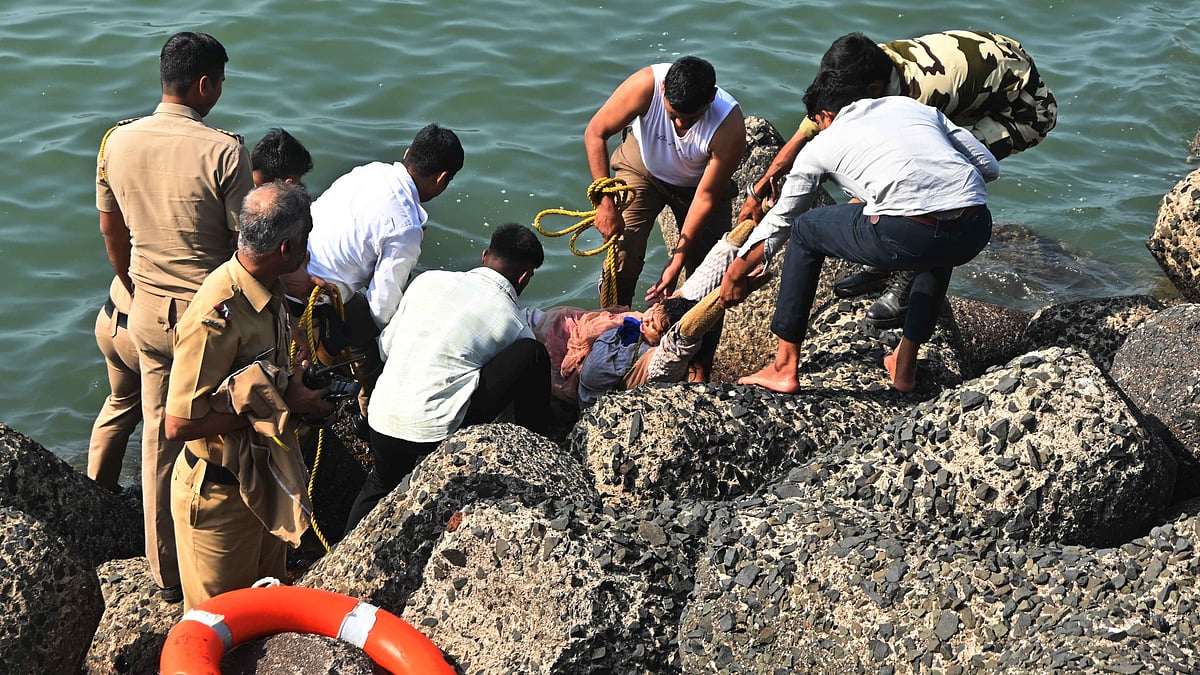Twelve years have passed since the horrific Nirbhaya case shook the conscience of India, yet here we stand in 2024, haunted by the same grim reality: women in India are still not safe. The recent brutal rape and murder of a young doctor within the premises of RG Kar Medical College in West Bengal underscores this harrowing truth. This was not just any place; it was a government-run medical institution, a supposed sanctuary of care and healing. The victim was not just another statistic; she was a doctor, a professional dedicated to saving lives. Yet, even within the walls of a hospital, her life was savagely taken.
This tragedy raises a burning question: If a woman is not safe in her own workplace, surrounded by co//lleagues, where can she possibly be safe? The answer is a bitter pill to swallow, revealing the collective failure of our society, our politics, and our policies. India has failed yet another daughter, and this failure is on full display for every Indian to see.
Disturbingly, the response to this heinous crime mirrors the regressive attitudes we saw during the Nirbhaya case. The principal of the same medical college, a figure of authority and influence, blamed the victim, echoing the rhetoric that has plagued our society for far too long. Twelve years may have passed, but the mindset remains unchanged. Instead of demanding justice, some still question the victim’s actions, as if the responsibility for such brutality could ever rest on her shoulders.
This incident is a stark reminder that despite the passage of time, the progress we claim to have made remains superficial. India must confront its deep-seated misogyny and urgently reevaluate its commitment to protecting its women.

In a scathing rebuke, the Calcutta High Court has laid bare the egregious failures of Mamata Banerjee’s government in the horrific rape and murder case. The Kolkata police’s investigation was a travesty, marked by staggering ineptitude and callous disregard for the victim's family. The force's failure to disclose the true nature of the crime, instead peddling a false narrative of suicide, is a damning indictment of their competence.
Banerjee's belated intervention, replete with hollow assurances, only served to underscore her administration's cluelessness. Her stunning volte-face, advocating for a CBI probe after years of railing against the agency, betrays a stark lack of faith in her own police force. This duplicity raises fundamental questions about her leadership and the trustworthiness of her government.
The chief minister, who wields unprecedented power as home minister and health minister, stands exposed as a leader bereft of conviction or competence. Her administration's failures are systemic, reflecting a deep-seated rot that threatens the very fabric of governance in West Bengal.
This case is a searing indictment of a government in disarray, a political system in tatters. The government medical college, entrusted with protecting its students, has failed abysmally. Banerjee's own words, hinting at internal complicity, only serve to further erode trust. The stench of administrative failure hangs heavy, while the political intent behind this tragedy remains shrouded in suspicion. One thing is clear: Mamata Banerjee's government has been found wanting, its credibility is in tatters. The people of West Bengal deserve better.
In the progressive world of 2024, where India aspires to be the Vishwaguru, we are faced with a harsh and undeniable truth: women are still not safe in their workplaces. The right to a safe working environment is fundamental, yet it remains elusive. This case lays bare the failures of our society, our institutions and our government.
We must confront the grim reality: workplace safety for women in India is a mirage. Despite the existence of policies like the Vishakha Guidelines and the Prevention of Sexual Harassment (POSH) Act, their effectiveness is questionable. The number of incidents involving molestation, verbal abuse, and other forms of harassment by powerful men in the workplace is staggering. How many more women must suffer before we recognise that these policies are not enough?
The situation is exacerbated by the appalling practice of victim-blaming. In 2024, when we claim to be a progressive nation, the scourge of victim-shaming persists. Too many still believe that a woman’s actions or choices somehow justify the violence inflicted upon her. This toxic mindset must be eradicated, and there is a growing demand for victim-blaming to be criminalised. The outrage is palpable, and it is time we listen.
The case at RG Kar Medical College raises urgent questions about the state of security in our public institutions. A civic volunteer, Sanjay Roy, now in custody, had unrestricted access to the hospital, despite lacking training and authority. How can such a person be entrusted with security? The misuse of civic volunteers by political parties to control their territories has compromised the safety of our cities. This is a failure not just of law enforcement but of political governance.

In a world where women increasingly work night shifts in industries ranging from IT to healthcare, the safety of these women is under severe threat. If such a heinous crime can occur in Kolkata, how safe are women elsewhere? What is the government’s policy to protect those who must travel and work during the night? The answer, it seems, is woefully inadequate.
The accountability for this failure is clear. The West Bengal government, led by Mamata Banerjee, has handed over the case to the CBI, distancing itself from the responsibility. But deflecting blame will not solve the problem. Political leaders must be held accountable, and justice must not become a casualty of political rhetoric.
As protests erupt across the nation, led by thousands of trainee doctors and civil society, one thing is clear: the demand for justice is not just about this one case. It is a demand for a safer India, where women can work, travel, and live without fear. The time for empty promises is over. Our leaders must act decisively to create a society where safety is not a privilege but a guarantee. It is their duty — a duty that cannot be shirked or deferred.
The author, a columnist and research scholar, teaches journalism at St. Xavier's College (autonomous), Kolkata. He tweets at @sayantan_gh. Views are personal









